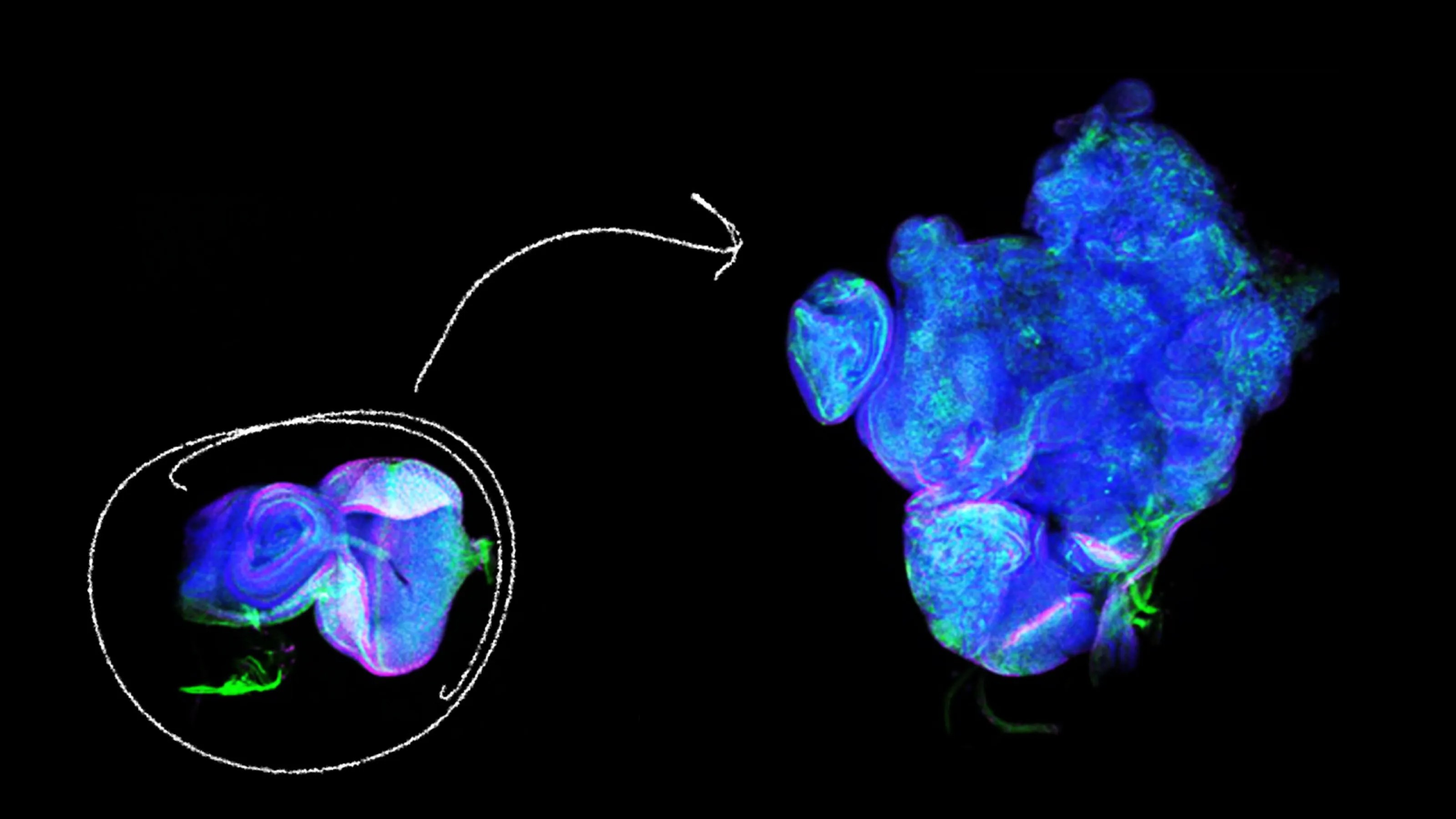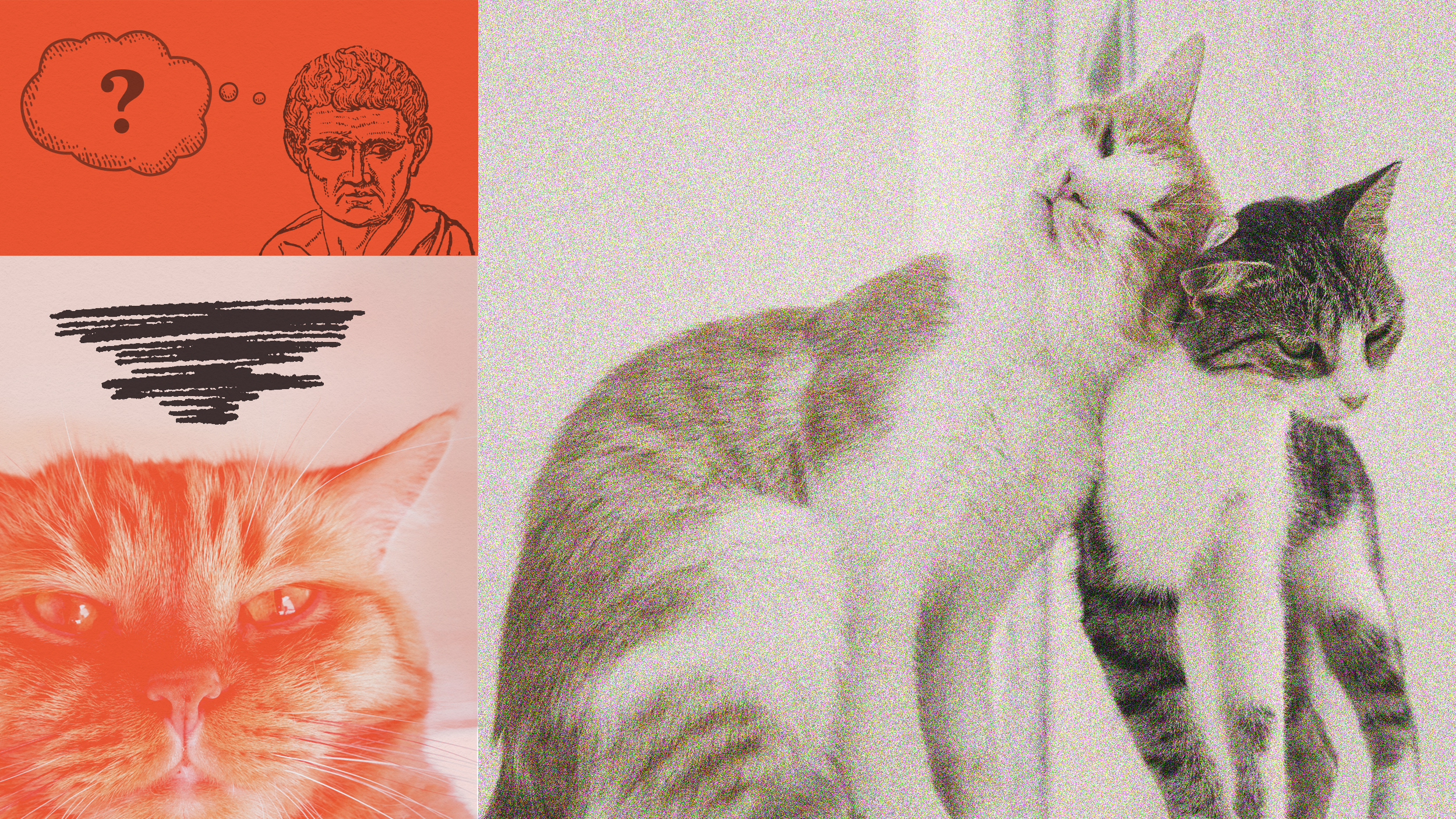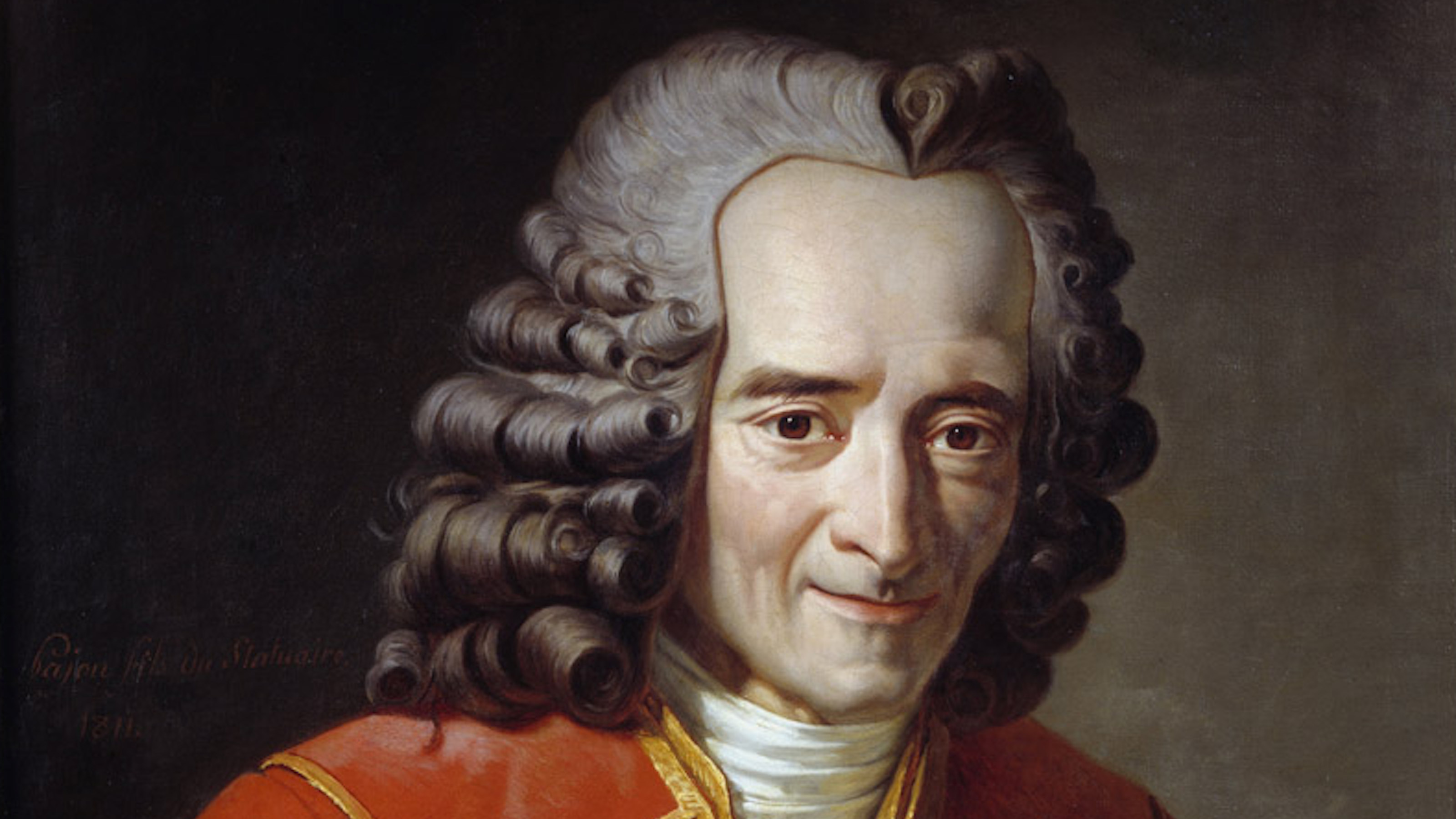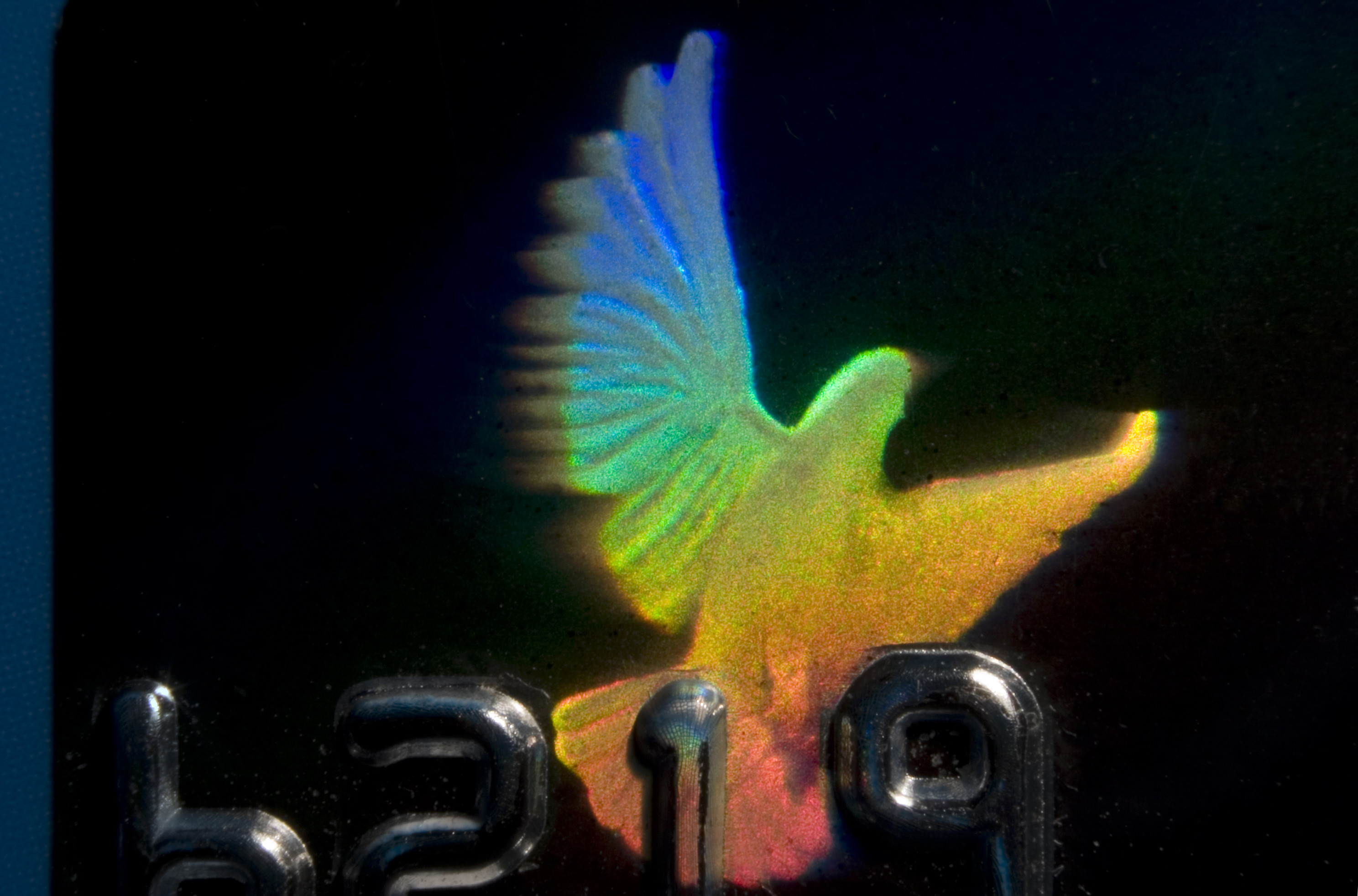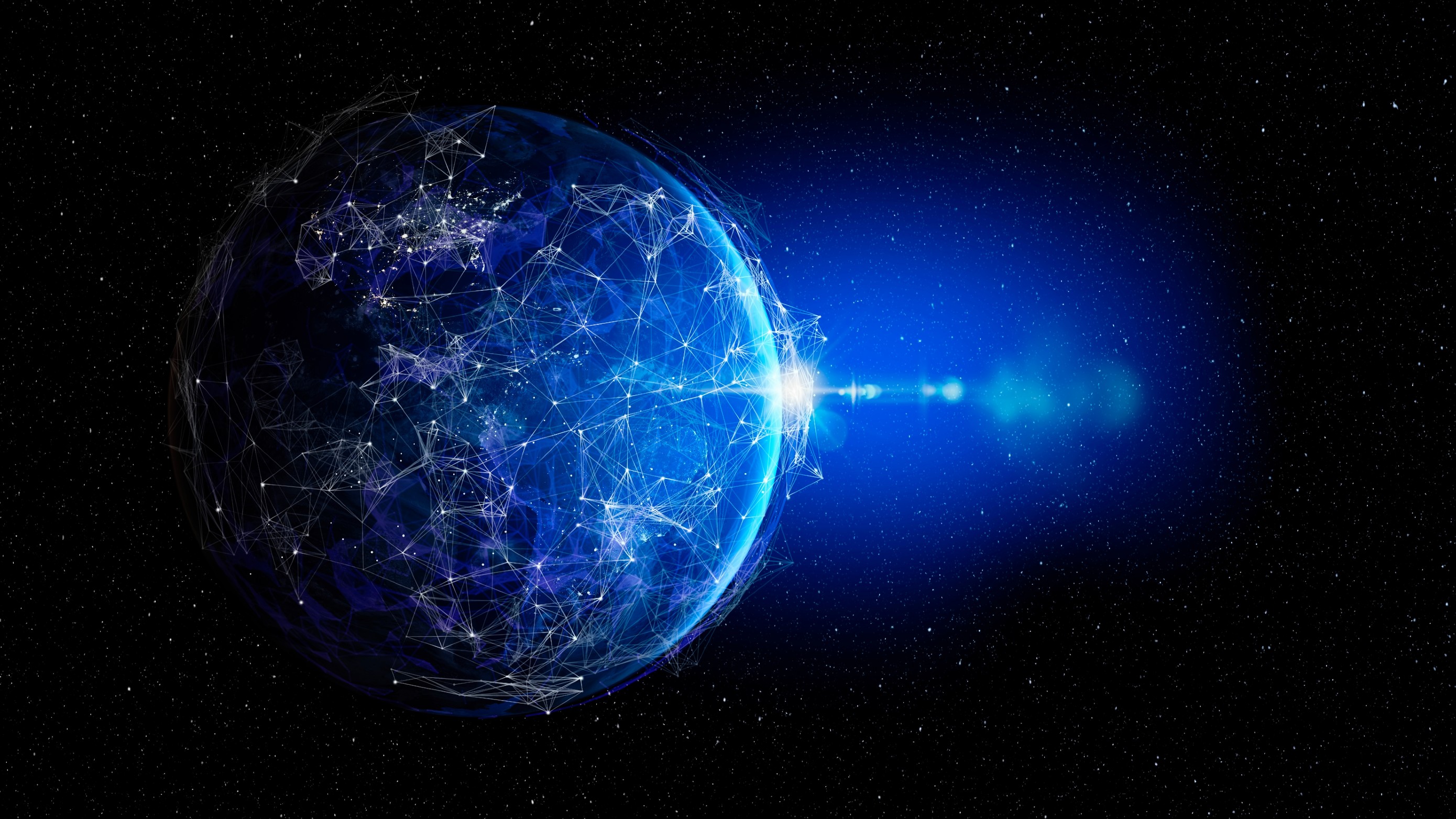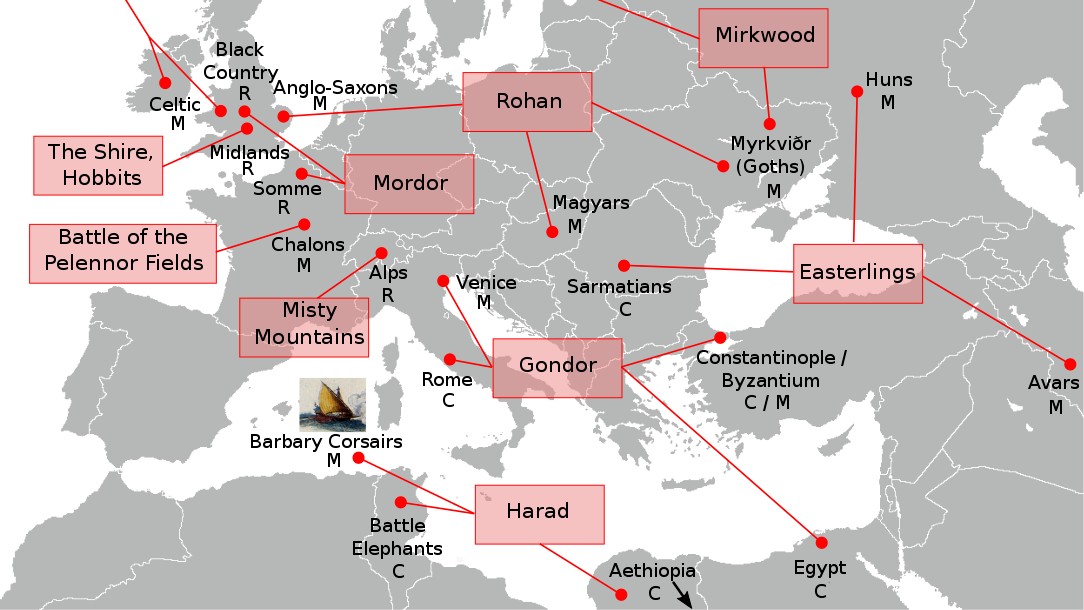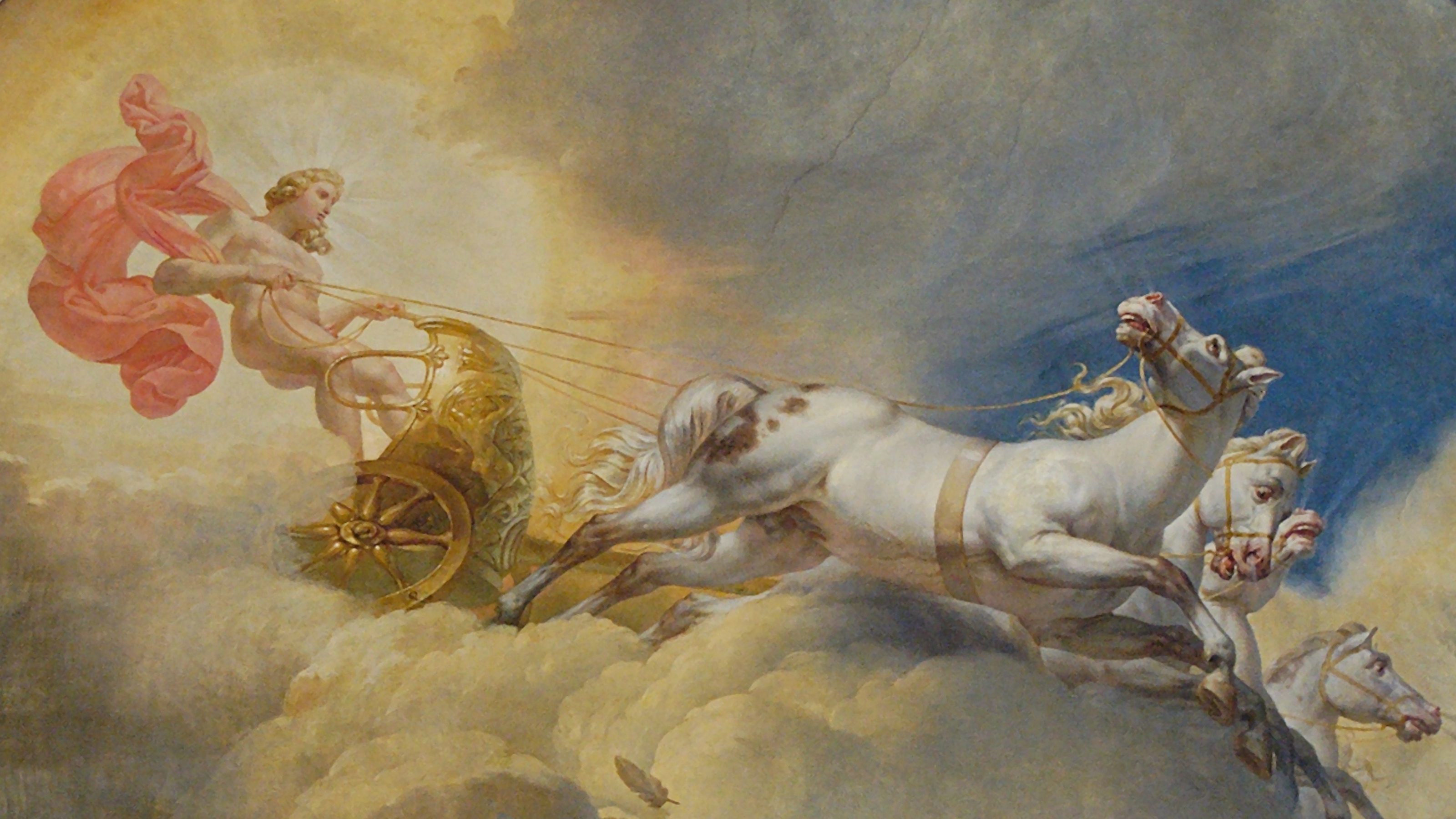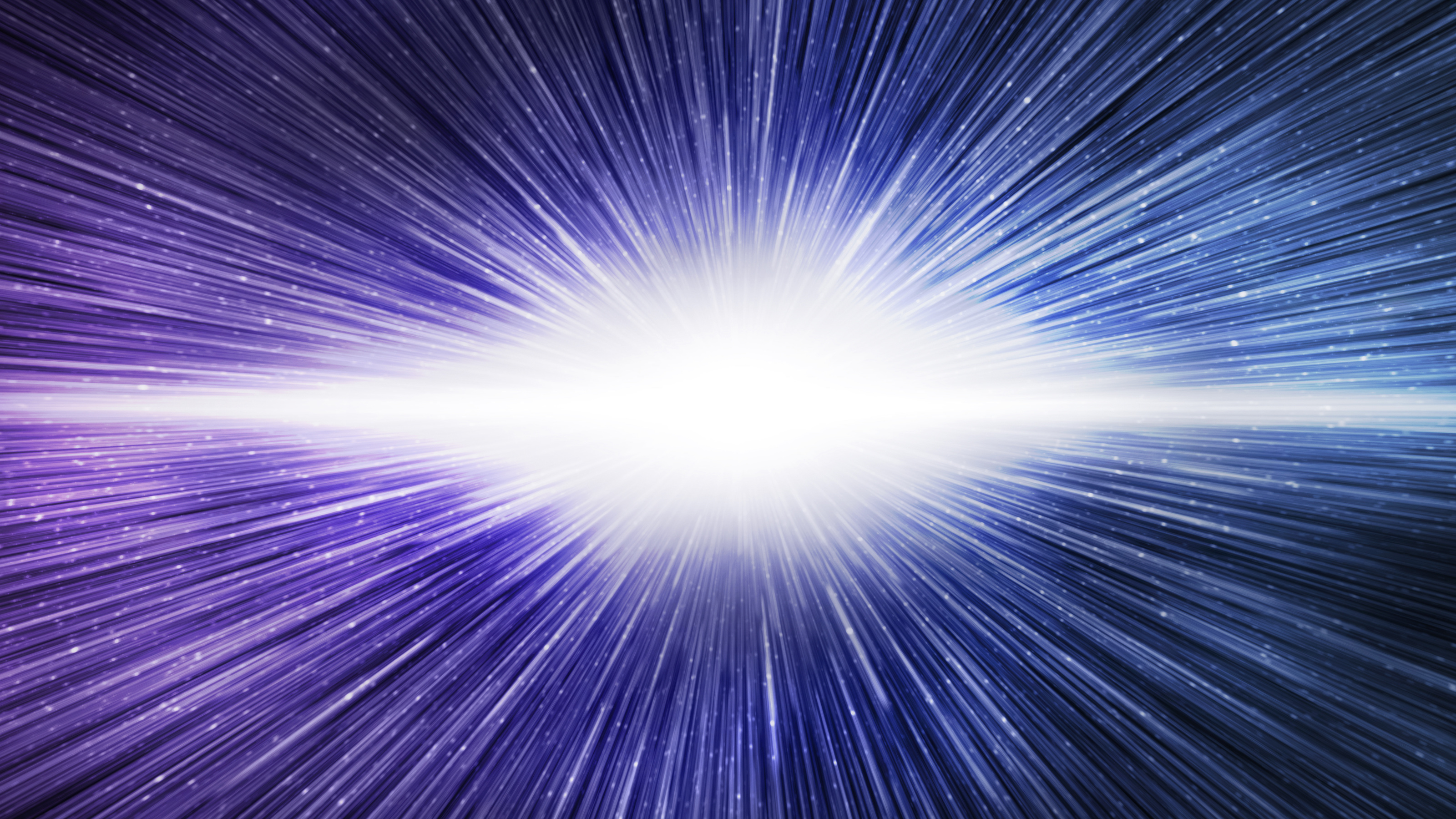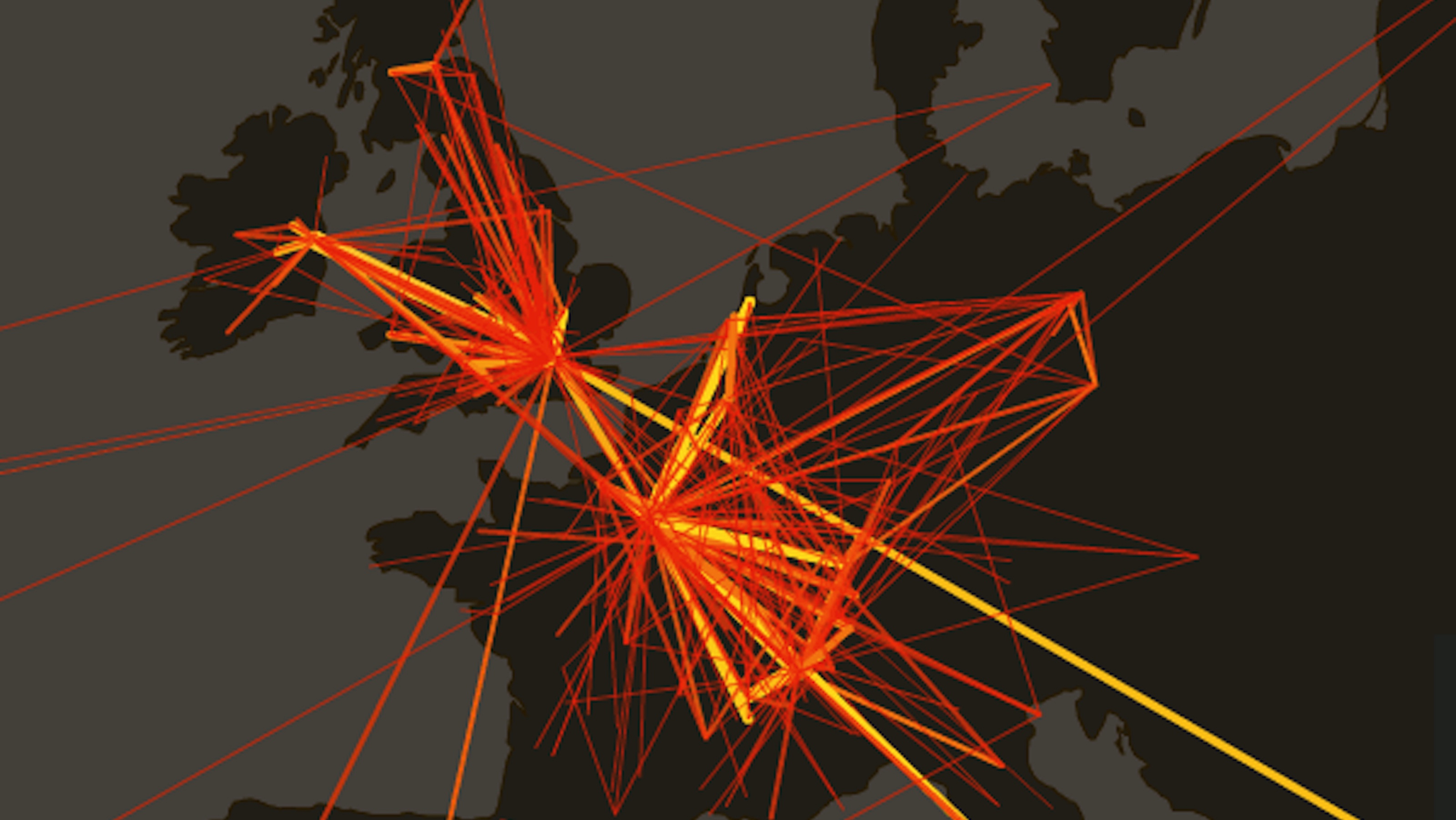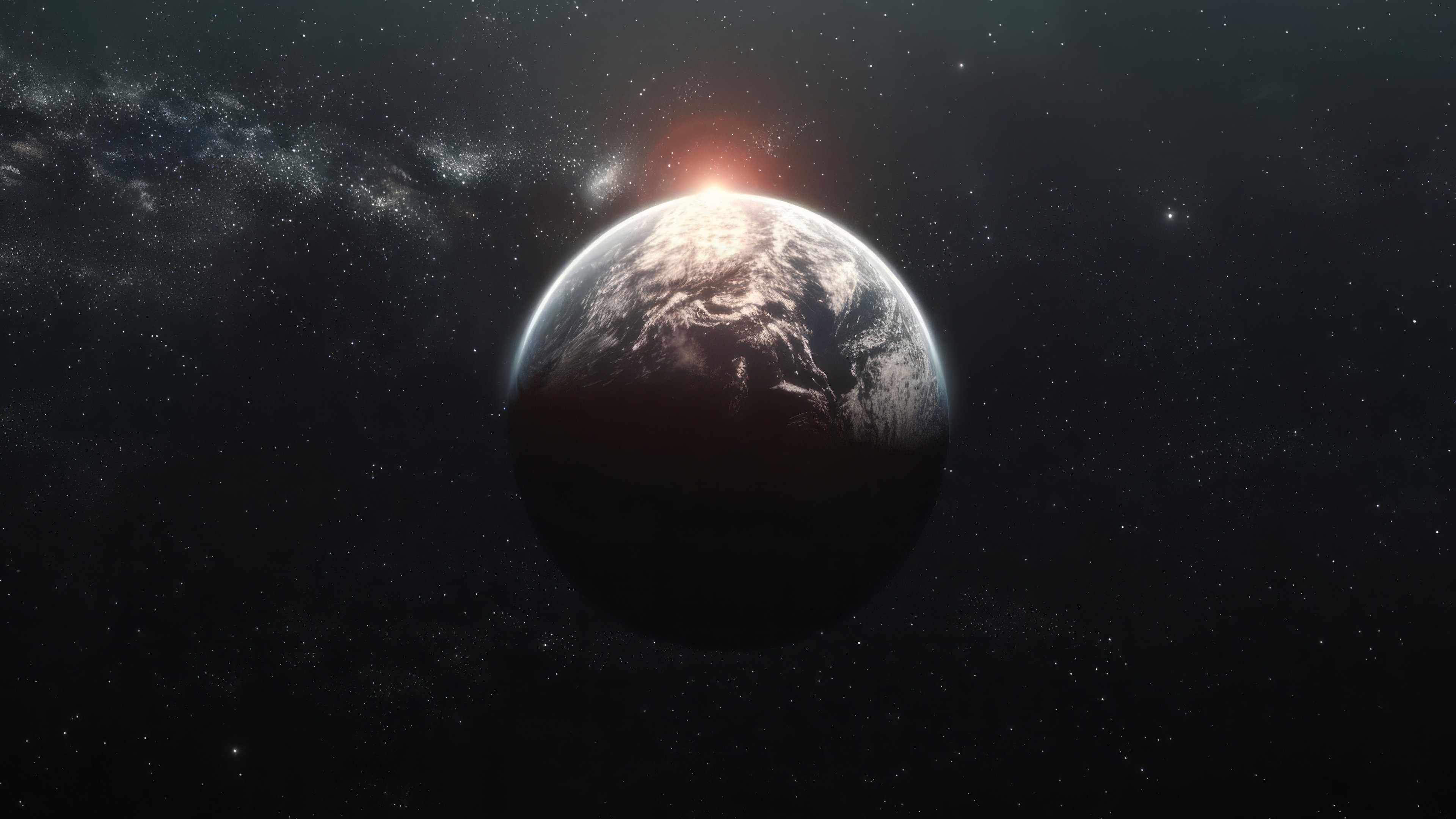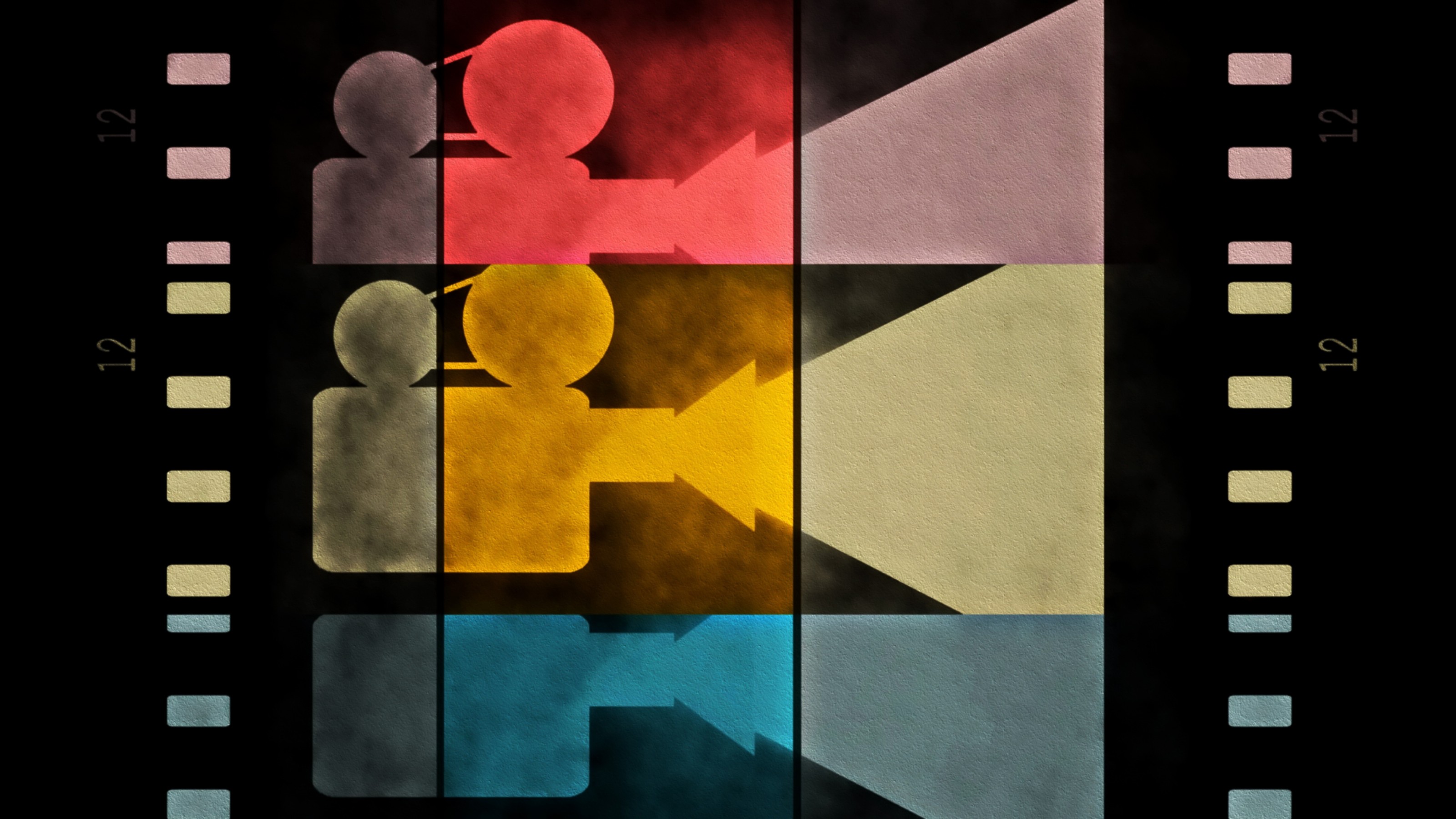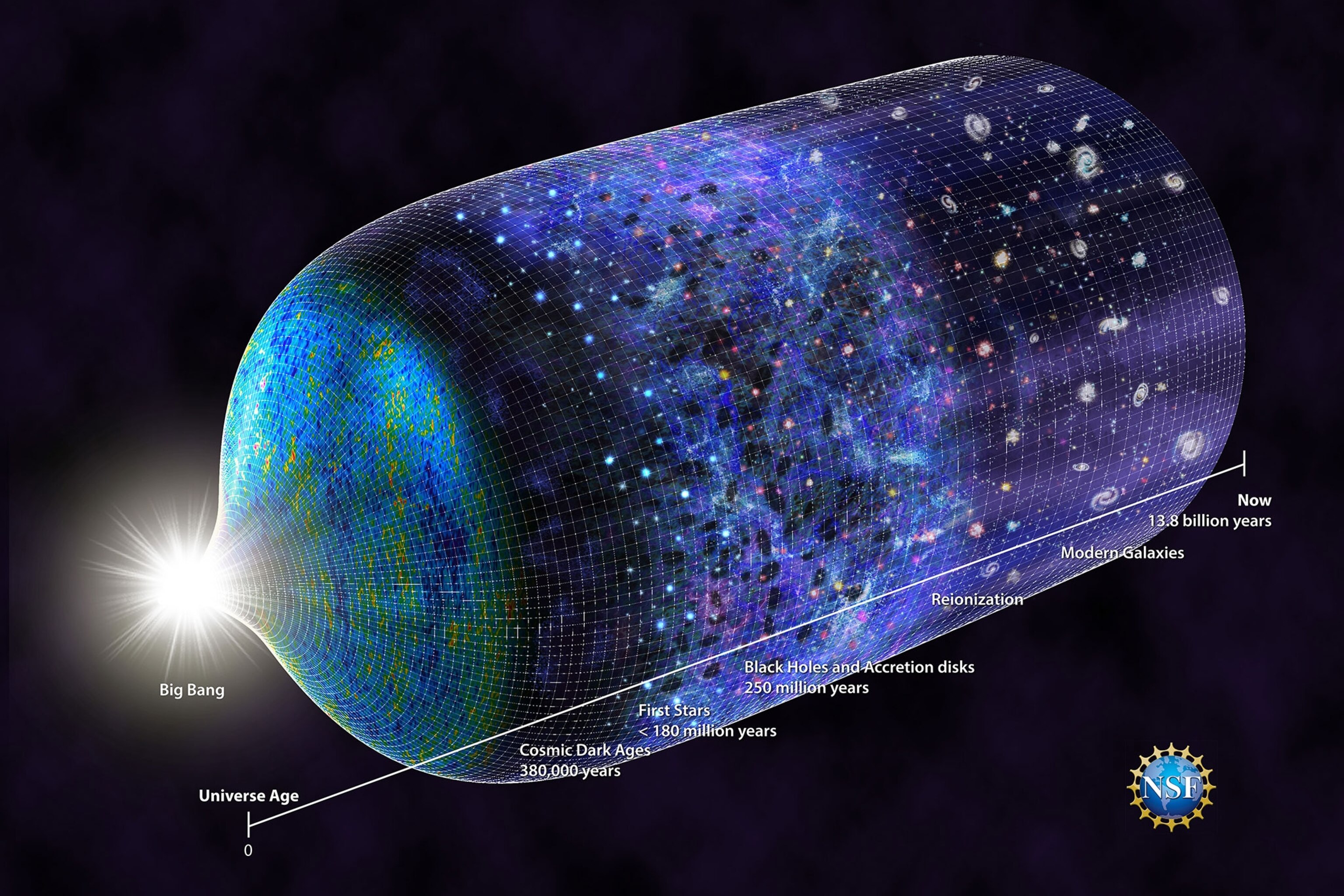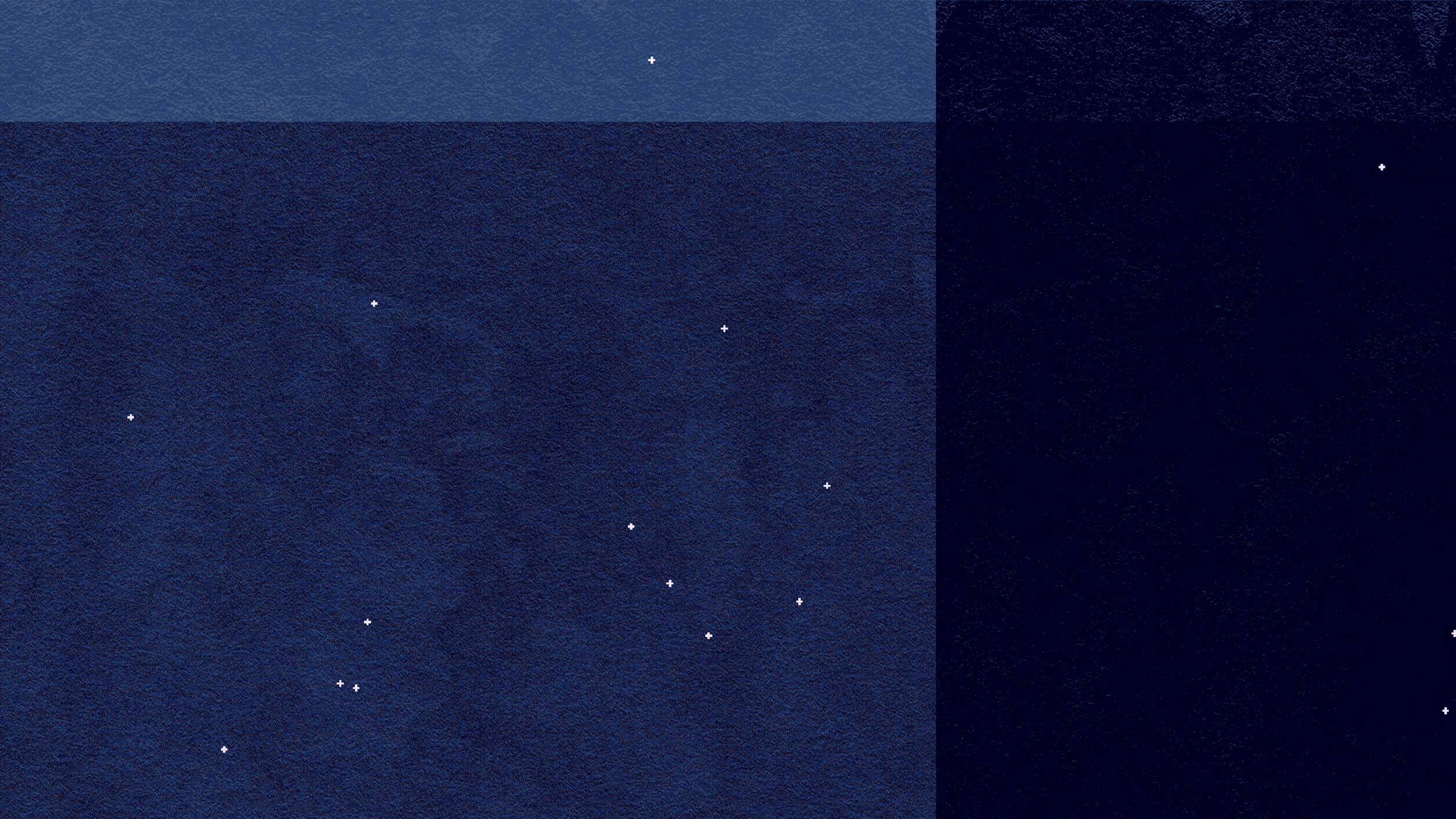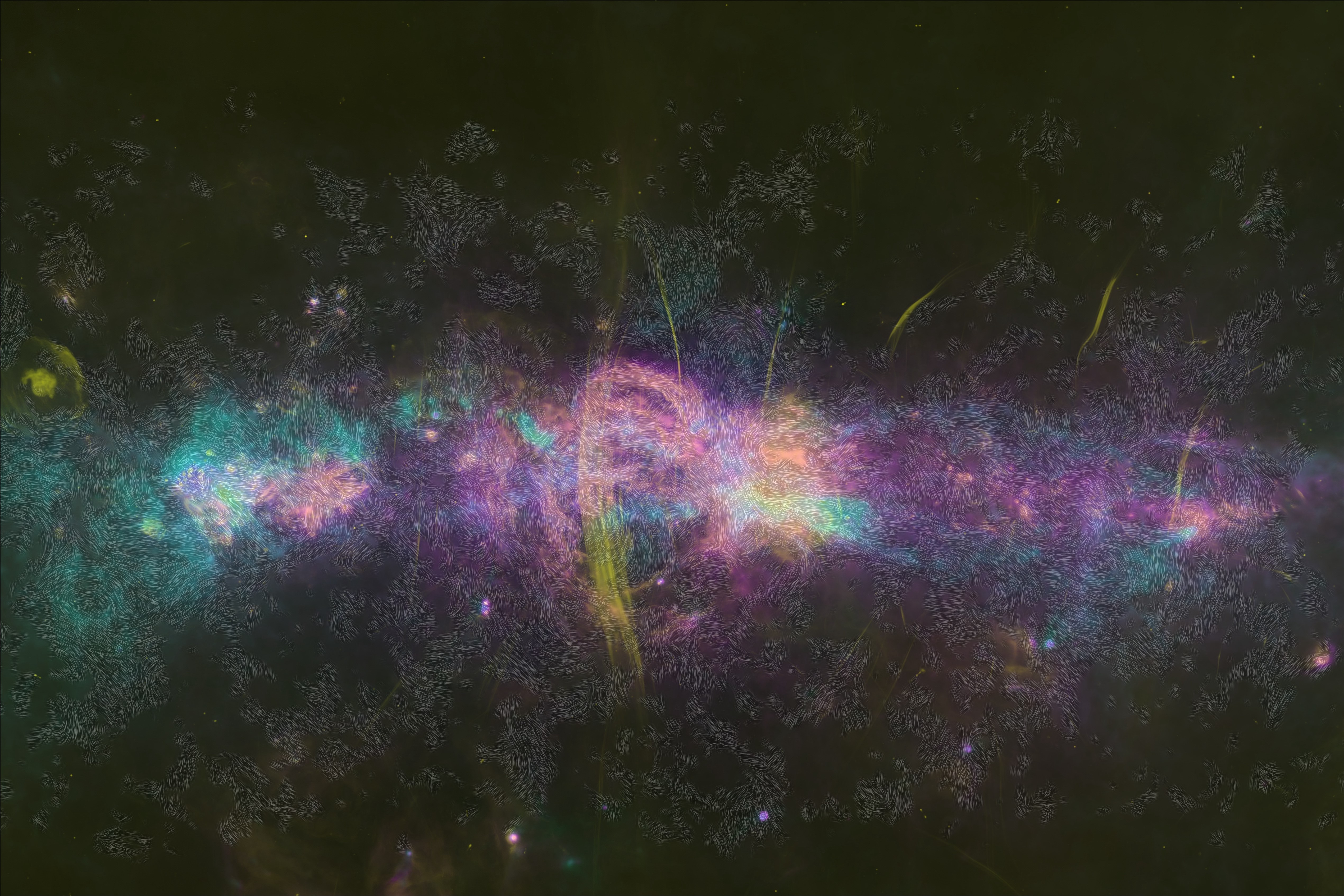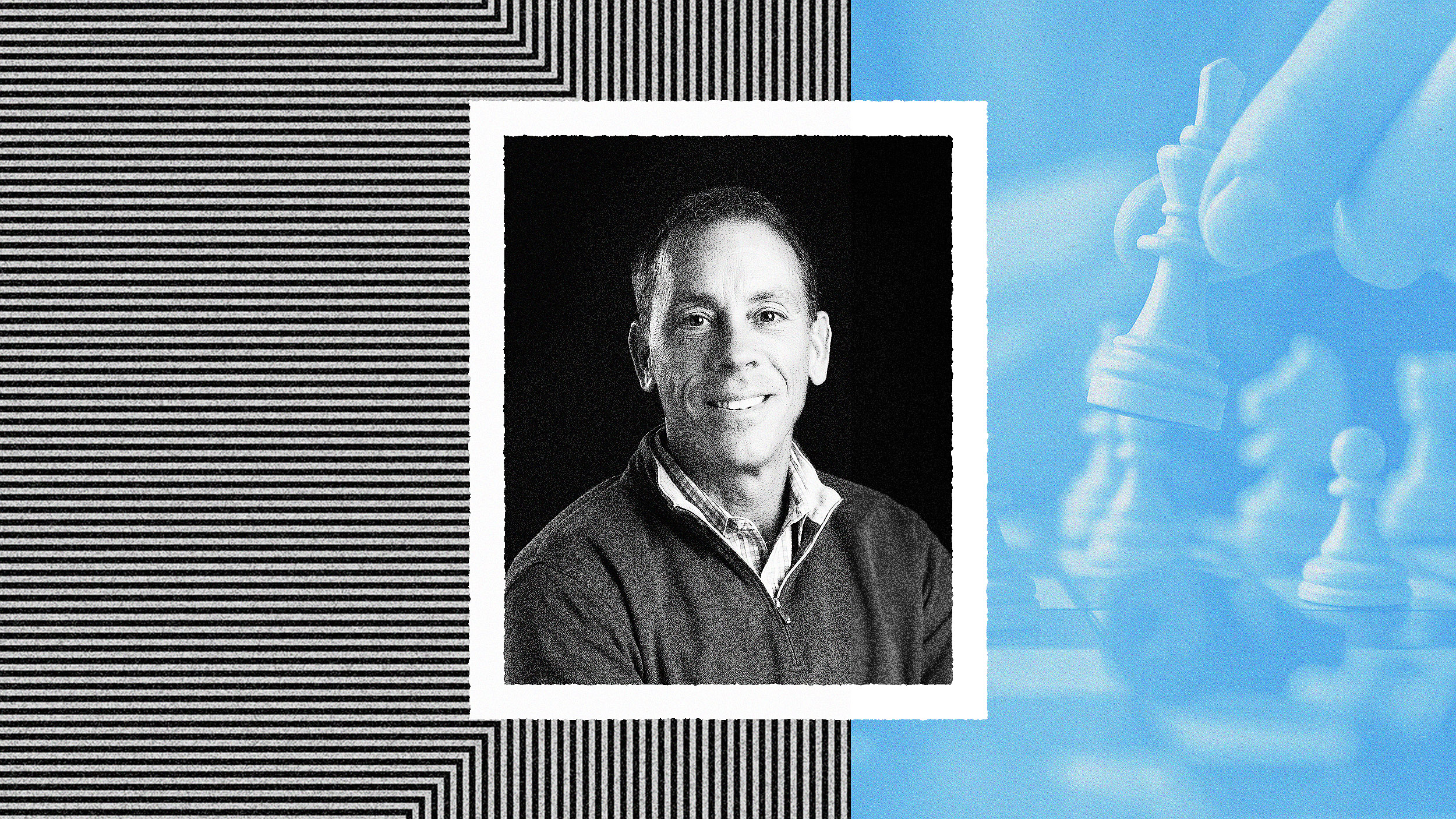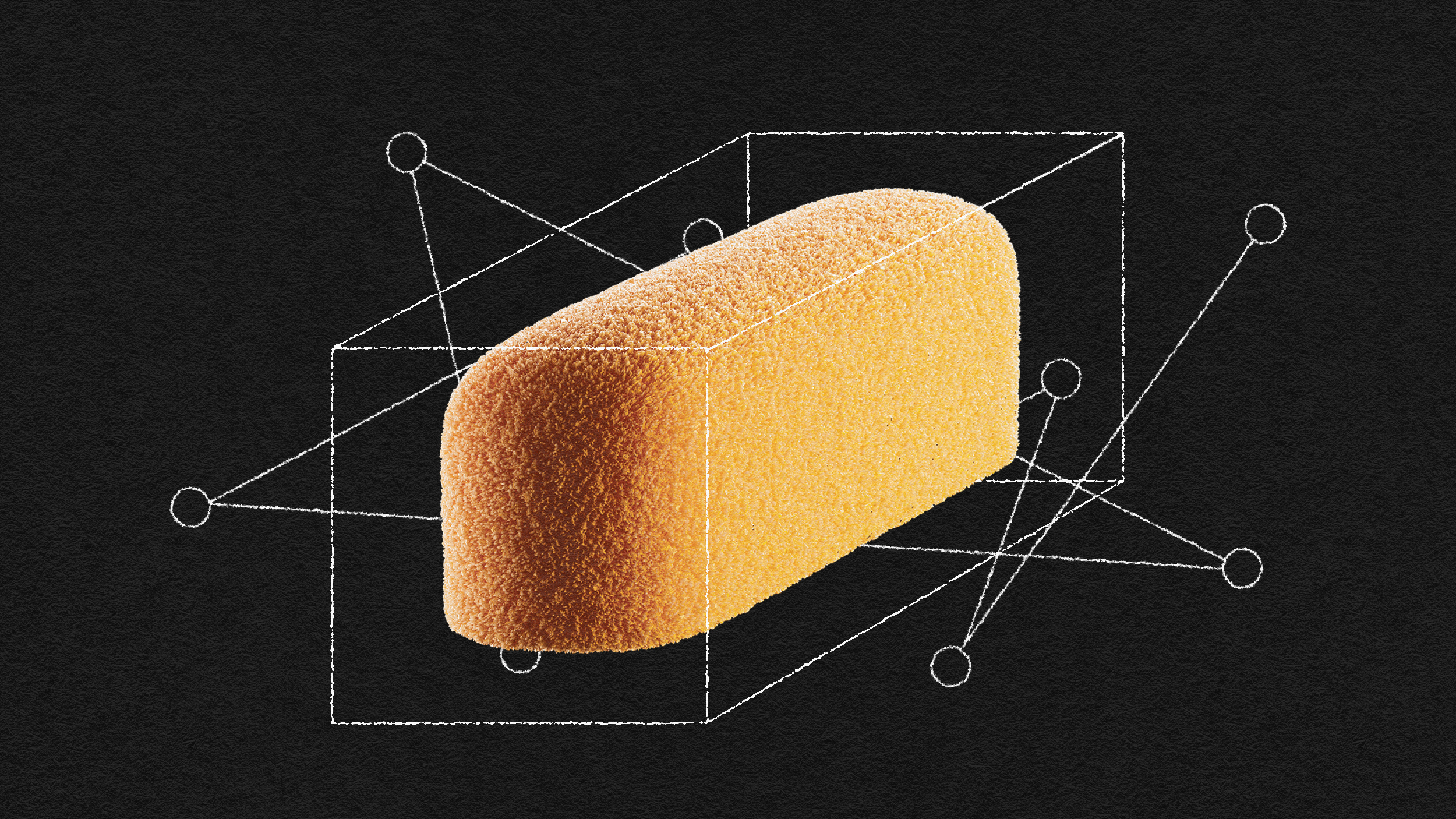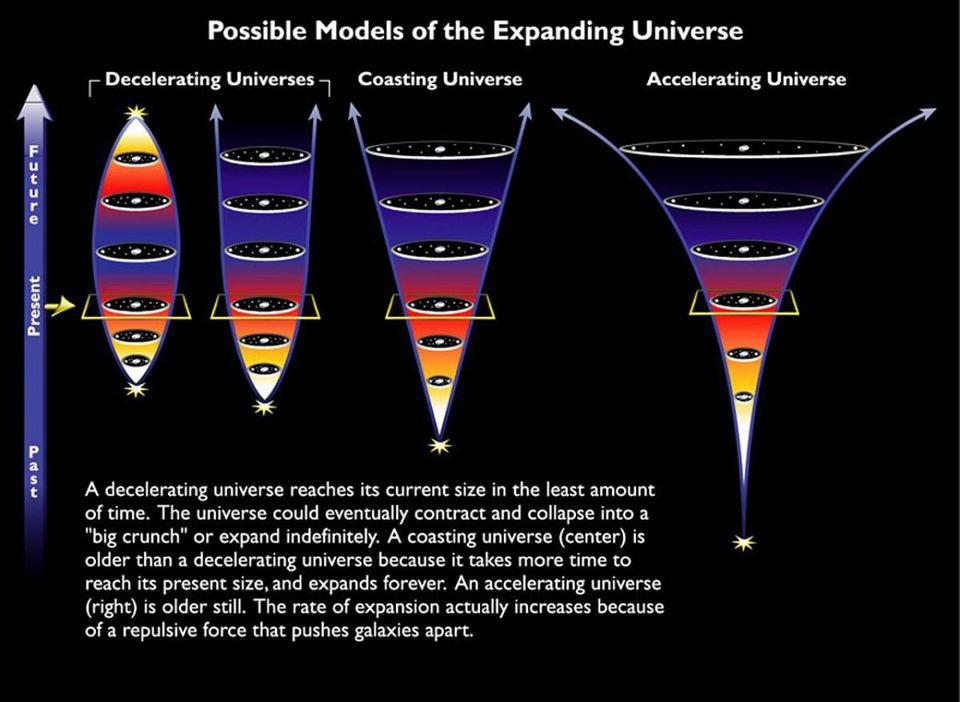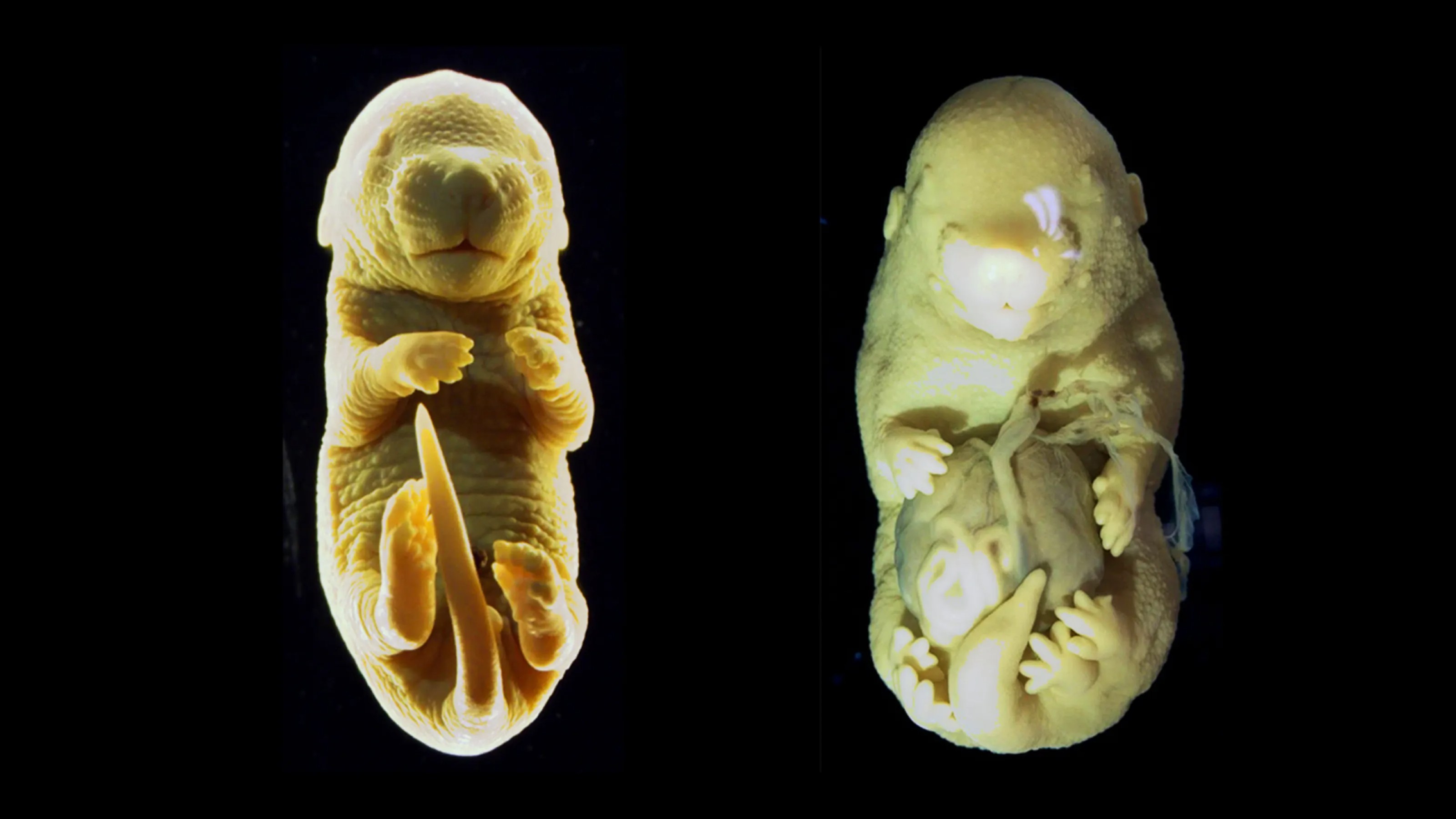This may be the largest helium reservoir in U.S. history.
Cancers can’t develop without genetic mutations — or can they?
A battle between different kinds of love.
Voltaire’s wonderful satire, Candide, remains a useful work-life antidote to bogus platitudes and naive optimism.
Holograms preserve all of an object’s 3D information, but on a 2D surface. Could the holographic Universe idea lead us to higher dimensions?
“Values emphasizing tolerance and self-expression have diverged most sharply, especially between high-income Western countries and the rest of the world.”
The fellowship’s journey through Middle-earth mirrors the modernization of the English countryside.
We’ve made god-like figures out of hard-charging CEOs — but it’s a bad idea to get high on your own supply.
In general relativity, white holes are just as mathematically plausible as black holes. Black holes are real; what about white holes?
Digital analyses of Enlightenment-era letters are teaching us a thing or two about Locke, Voltaire, and others.
An interview with Lisa Kaltenegger, the founding director of the Carl Sagan Institute, about the modern quest to answer an age-old question: “Are we alone in the cosmos?”
Admitting that we know little about our future selves can radically improve our decision-making.
From the earliest stages of the hot Big Bang (and even before) to our dark energy-dominated present, how and when did the Universe grow up?
Discover how Quantum Bayesianism challenges traditional quantum mechanics by focusing on the role of the observer in creating quantum reality.
This first-of-its-kind image offers a detailed look at the magnetic fields within the Central Molecular Zone.
30 years ago Jim VandeHei — co-founder and CEO of Axios — got leadership feedback all wrong. Now, he has the ideal blueprint so you can get it right.
At a fundamental level, only a few particles and forces govern all of reality. How do their combinations create human consciousness?
In the murder trial of Dan White, the defense touched on diet as a cause for White’s actions. It has become known as the “Twinkie defense.”
Too many companies fail to recognize that “the deepest principle in human nature is the craving to be appreciated” — but the solution is easy.
Dark energy is one of the biggest mysteries in all the Universe. Is there any way to avoid “having to live with it?”
A study of spinal development took a strange turn and made a surprise discovery.
Astranis is on a mission to help everyone in the world get online.
Big Think recently spoke with Nick Bostrom about how humans might find fulfillment in a post-scarcity world.
You’ve got to know when to fight and when to laugh.
In the 20th century, many options abounded as to our cosmic origins. Today, only the Big Bang survives, thanks to this critical evidence.
“I hope we take a mindset where we are willing to look for weird life in weird places.”
Beer before wine and you’ll feel fine? Well, it depends.
For some reason, when we talk about the age of stars, galaxies, and the Universe, we use “years” to measure time. Can we do better?
The JWST’s observations of well-developed galaxies early in universal history may coincide with accepted astronomical theory after all.
The most common element in the Universe, vital for forming new stars, is hydrogen. But there’s a finite amount of it; what if we run out?

